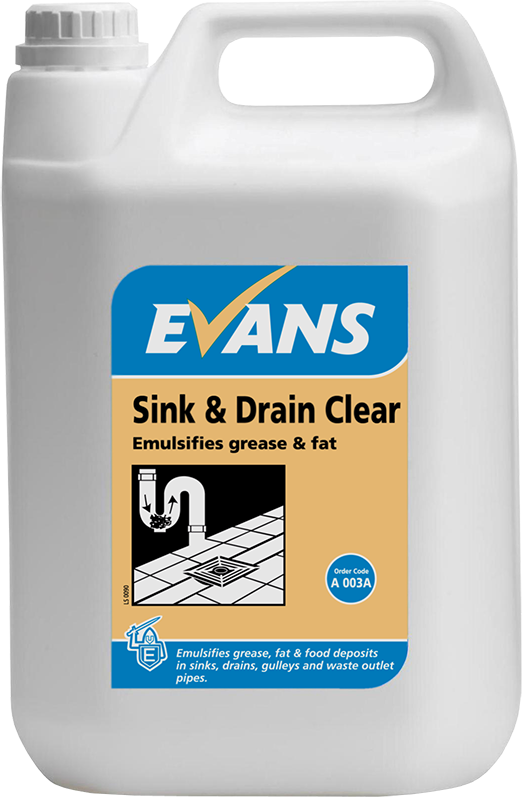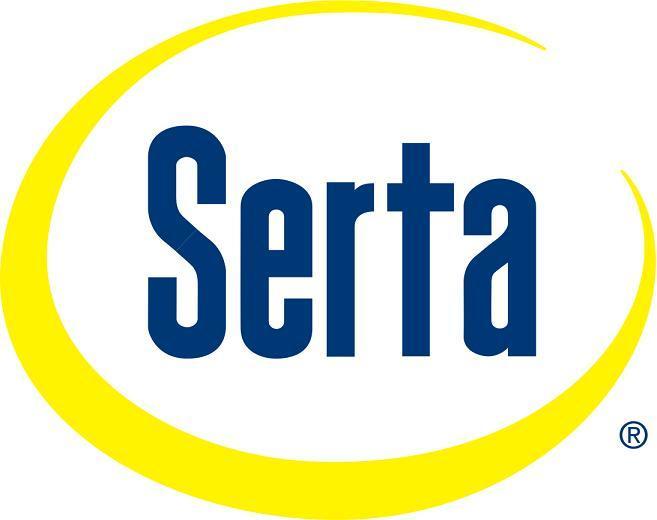Dealing with a kitchen sink filling up with water can be frustrating and inconvenient. Not only does it make it difficult to use your sink, but it can also cause unpleasant odors and potential water damage. Fortunately, there are several simple solutions to fix a kitchen sink that is filling up with water. Here are some steps you can take to solve this common issue.How to Fix a Kitchen Sink Filling Up with Water
Understanding the root cause of your kitchen sink filling up with water can help you prevent it from happening in the future. Some of the most common reasons include a clogged drain, a malfunctioning garbage disposal, or a problem with the plumbing pipes. It's important to identify the cause in order to choose the most effective solution.What Causes a Kitchen Sink to Fill Up with Water?
As mentioned, a clogged drain is one of the most common reasons for a kitchen sink filling up with water. This can be caused by food particles, grease, or other debris getting stuck in the pipes. Another culprit could be a faulty garbage disposal, which can cause food and other debris to accumulate and clog the drain. In some cases, there may be a problem with the plumbing pipes, such as a blockage or a leak.Common Reasons for a Kitchen Sink Filling Up with Water
If you suspect that a clogged drain is the cause of your kitchen sink filling up with water, there are a few methods you can try to clear it. One option is to use a plunger, which can help to dislodge any debris that is causing the blockage. Make sure to cover the overflow drain with a wet cloth or use a sink plunger specifically designed for double sinks. Another effective method is to use a mixture of baking soda and vinegar. Pour half a cup of baking soda down the drain, followed by a cup of vinegar. Let it sit for 15 minutes, then flush with hot water.How to Unclog a Kitchen Sink Filling Up with Water
The best way to deal with a kitchen sink filling up with water is to prevent it from happening in the first place. This means being mindful of what you put down your drain and regularly maintaining your sink and pipes. Avoid pouring grease, coffee grounds, or other food scraps down the drain, and use a drain stopper to catch any debris. You can also use a drain cleaner on a monthly basis to keep your pipes clear.Preventing a Kitchen Sink from Filling Up with Water
Sometimes, a kitchen sink filling up with water is just one of the signs of a clogged drain. Other signs include slow draining, gurgling noises, and foul odors coming from the drain. If you notice any of these symptoms, it's important to address the issue before it becomes a bigger problem.Signs of a Clogged Kitchen Sink
A plunger is a simple and effective tool for unclogging a kitchen sink. To use it, make sure there is enough water in the sink to cover the cup of the plunger. Place the plunger over the drain and push down firmly several times. This will create suction and help to dislodge any debris. If the plunger doesn't work, you may need to try a different method or call a professional plumber.Using a Plunger to Clear a Kitchen Sink Filling Up with Water
As mentioned, a mixture of baking soda and vinegar can also be effective in unclogging a kitchen sink. This natural solution can help to break down any buildup in the pipes and clear the blockage. If you're dealing with a stubborn clog, you may need to repeat this process a few times before seeing results.Using Baking Soda and Vinegar to Unclog a Kitchen Sink
If your kitchen sink continues to fill up with water even after trying these DIY methods, or if you suspect there is a problem with the plumbing pipes, it's best to call a professional plumber. They will have the tools and expertise to properly diagnose and fix the issue, saving you time and frustration.When to Call a Professional for a Kitchen Sink Filling Up with Water
To prevent a kitchen sink filling up with water in the future, it's important to maintain a clear drain. This means regularly cleaning the drain and using a drain cleaner as needed. You can also invest in a drain strainer to catch any food scraps and prevent them from going down the drain. Taking these small steps can help to keep your kitchen sink running smoothly.How to Maintain a Clear Kitchen Sink Drain
The Importance of Proper Drainage in Kitchen Design

Efficient Use of Space
 When designing a kitchen, one of the most important factors to consider is proper drainage. A
kitchen sink filling up with water
is not only inconvenient, but it can also cause damage to your countertops, cabinets, and flooring. A well-designed kitchen should not only be aesthetically pleasing, but it should also be functional. This means ensuring that water flows smoothly and efficiently through your sink and drains.
When designing a kitchen, one of the most important factors to consider is proper drainage. A
kitchen sink filling up with water
is not only inconvenient, but it can also cause damage to your countertops, cabinets, and flooring. A well-designed kitchen should not only be aesthetically pleasing, but it should also be functional. This means ensuring that water flows smoothly and efficiently through your sink and drains.
Preventing Clogs and Buildup
:max_bytes(150000):strip_icc()/water-overflowing-in-kitchen-sink-200553937-001-5797e6335f9b58461f5a6736.jpg) One of the main reasons for a
kitchen sink filling up with water
is clogs and buildup in your pipes. This can happen due to various reasons such as food debris, grease, and soap scum. When designing a kitchen, it is crucial to think about the placement of your sink and how it will affect the flow of water. A poorly placed sink can lead to water pooling and eventually causing clogs. By considering the layout and placement of your sink, you can prevent these issues and ensure proper drainage.
One of the main reasons for a
kitchen sink filling up with water
is clogs and buildup in your pipes. This can happen due to various reasons such as food debris, grease, and soap scum. When designing a kitchen, it is crucial to think about the placement of your sink and how it will affect the flow of water. A poorly placed sink can lead to water pooling and eventually causing clogs. By considering the layout and placement of your sink, you can prevent these issues and ensure proper drainage.
Proper Ventilation
 Another important aspect of proper drainage in kitchen design is ventilation. Without proper ventilation, moisture can build up in your pipes and lead to mold and mildew growth. This not only affects the functionality of your kitchen but also poses health risks. It is essential to have proper ventilation in your kitchen, especially near your sink, to prevent a
kitchen sink filling up with water
and to maintain a healthy environment.
Another important aspect of proper drainage in kitchen design is ventilation. Without proper ventilation, moisture can build up in your pipes and lead to mold and mildew growth. This not only affects the functionality of your kitchen but also poses health risks. It is essential to have proper ventilation in your kitchen, especially near your sink, to prevent a
kitchen sink filling up with water
and to maintain a healthy environment.
Choosing the Right Fixtures
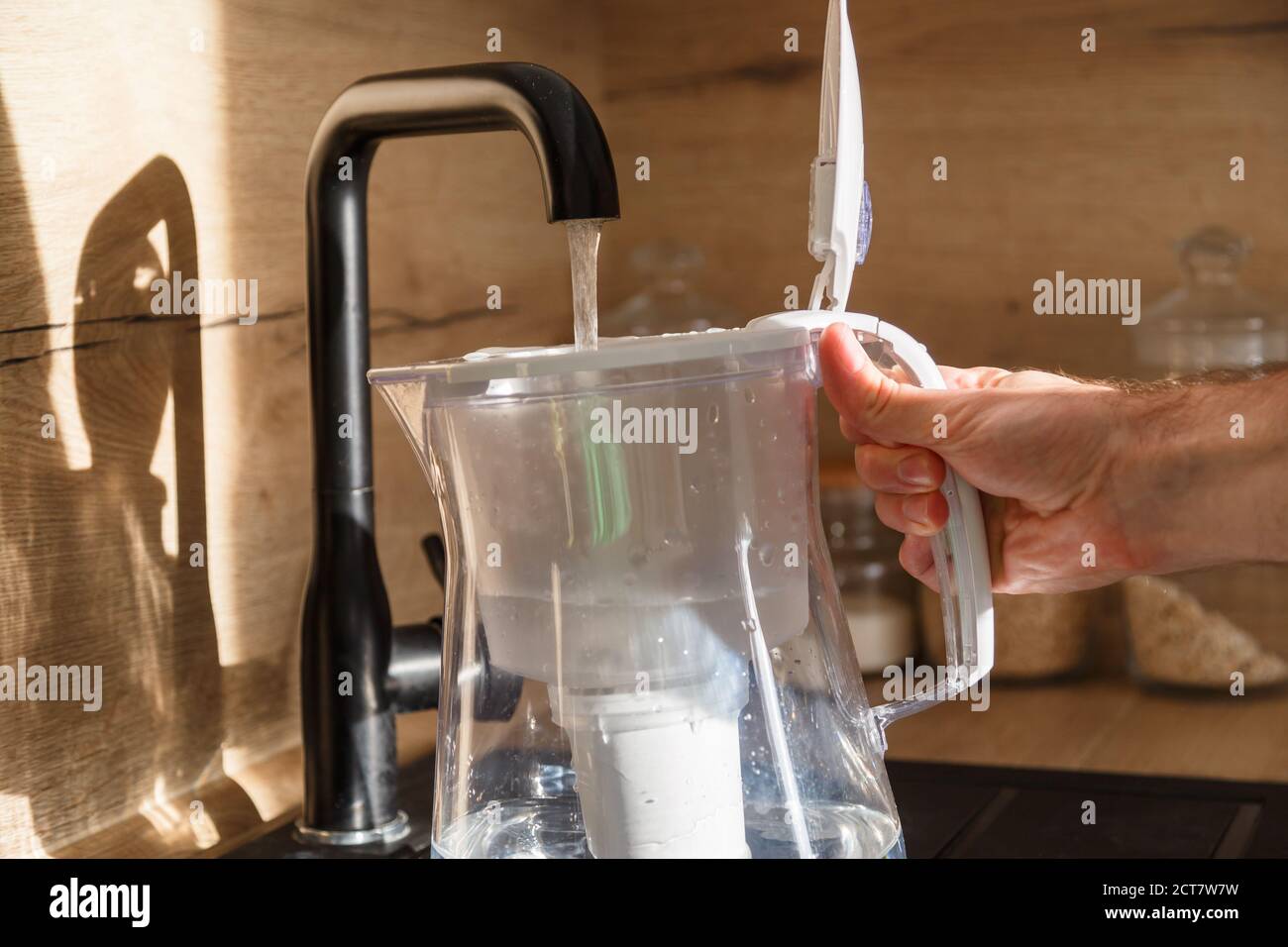 In addition to layout and ventilation, the fixtures you choose for your sink can also affect the drainage in your kitchen. It is important to invest in high-quality fixtures that are designed to facilitate proper drainage. This includes choosing a sink with the right size and shape, as well as a faucet that allows for efficient water flow. By choosing the right fixtures, you can prevent a
kitchen sink filling up with water
and ensure a well-functioning kitchen.
In conclusion, proper drainage is an essential aspect of kitchen design. It not only ensures the efficient use of space but also prevents clogs, mold growth, and other potential issues. By considering the layout, ventilation, and choosing the right fixtures, you can prevent a
kitchen sink filling up with water
and maintain a functional and healthy kitchen. Keep these factors in mind when designing your kitchen to create a space that is both beautiful and functional.
In addition to layout and ventilation, the fixtures you choose for your sink can also affect the drainage in your kitchen. It is important to invest in high-quality fixtures that are designed to facilitate proper drainage. This includes choosing a sink with the right size and shape, as well as a faucet that allows for efficient water flow. By choosing the right fixtures, you can prevent a
kitchen sink filling up with water
and ensure a well-functioning kitchen.
In conclusion, proper drainage is an essential aspect of kitchen design. It not only ensures the efficient use of space but also prevents clogs, mold growth, and other potential issues. By considering the layout, ventilation, and choosing the right fixtures, you can prevent a
kitchen sink filling up with water
and maintain a functional and healthy kitchen. Keep these factors in mind when designing your kitchen to create a space that is both beautiful and functional.
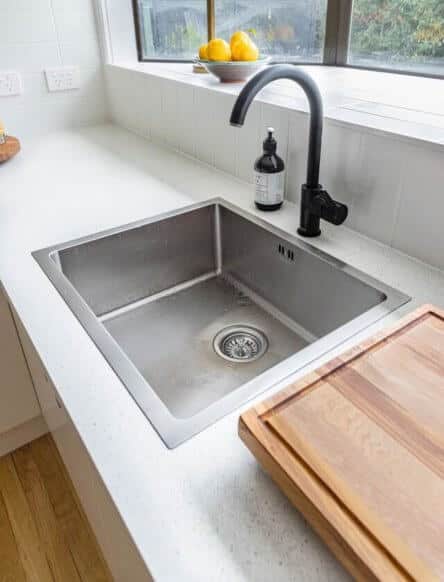

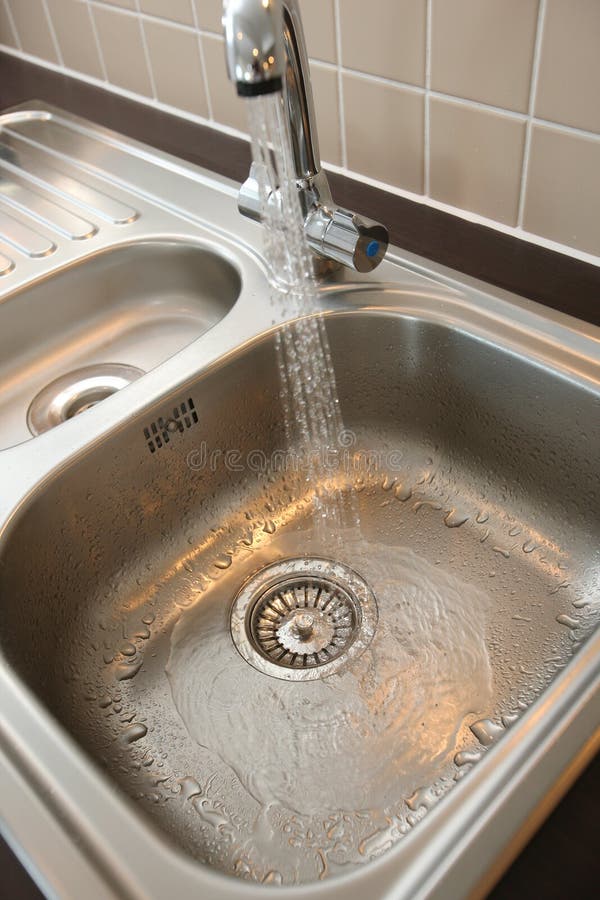
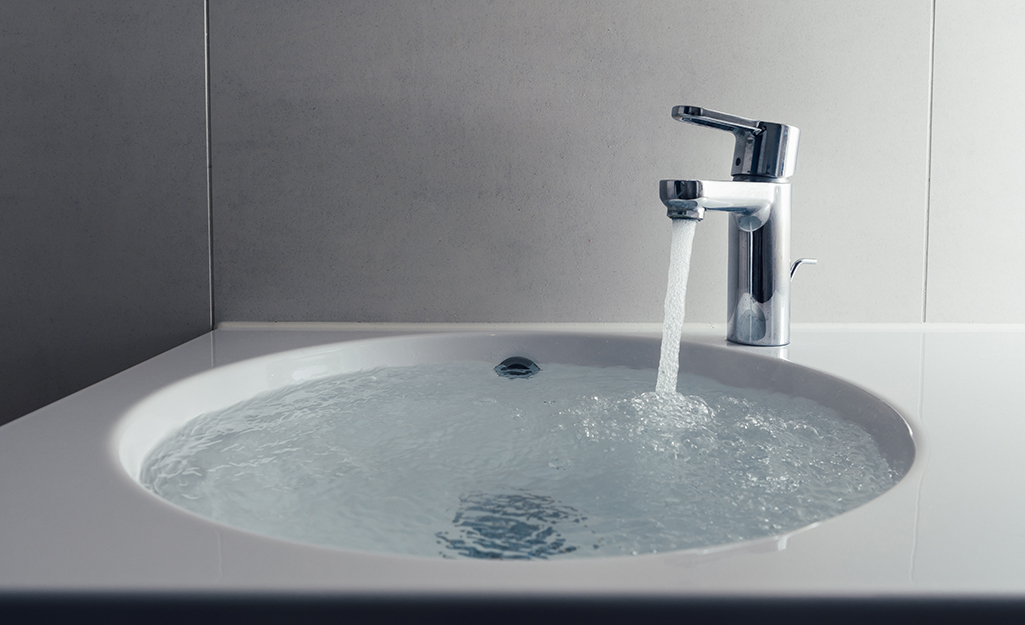




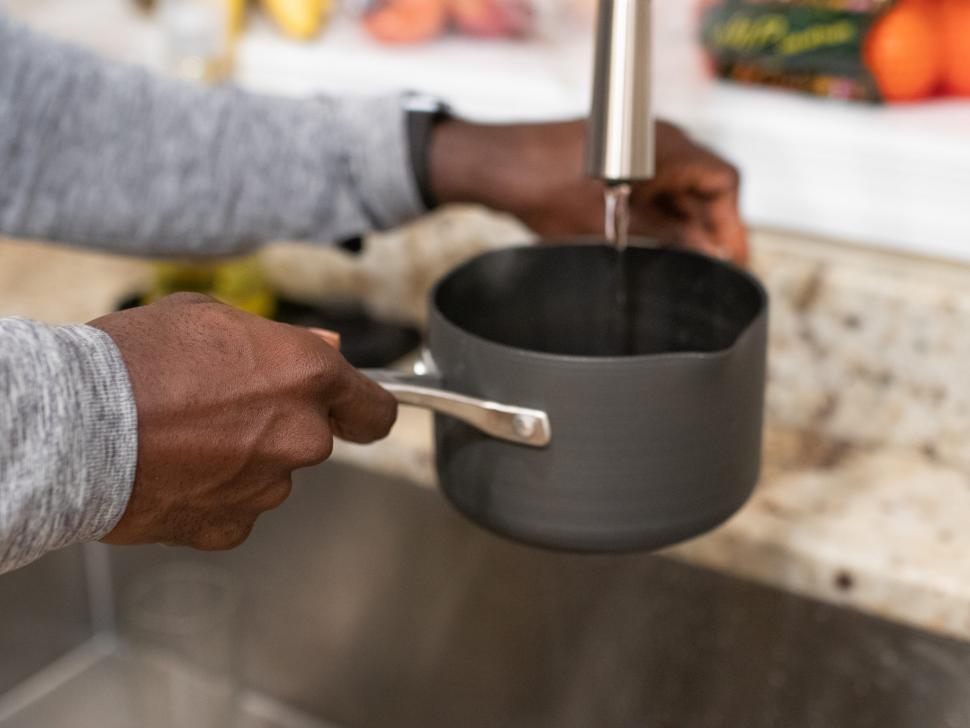





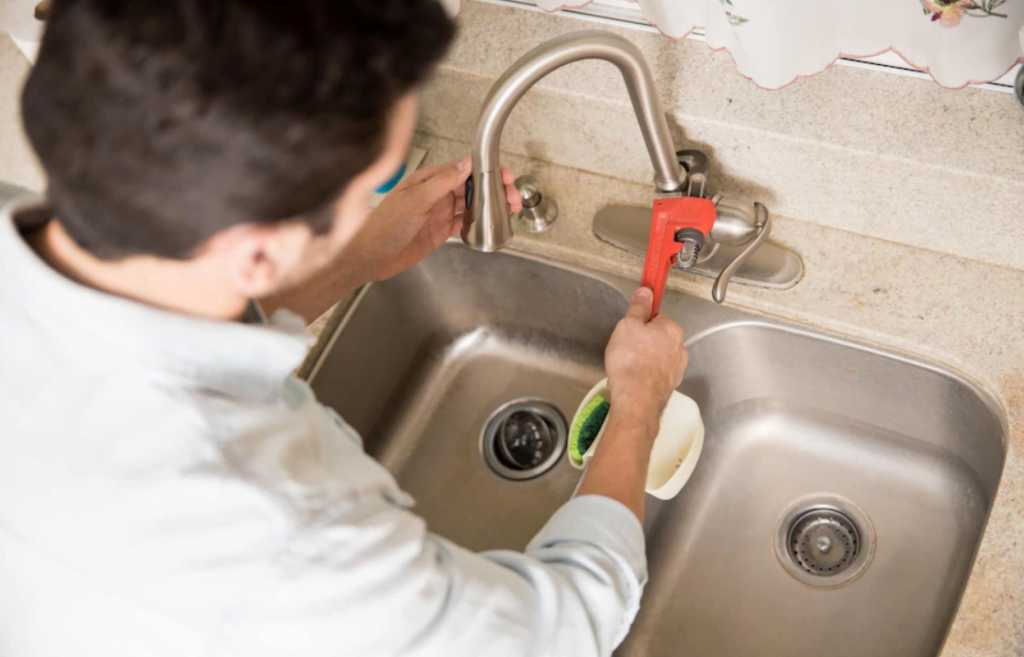

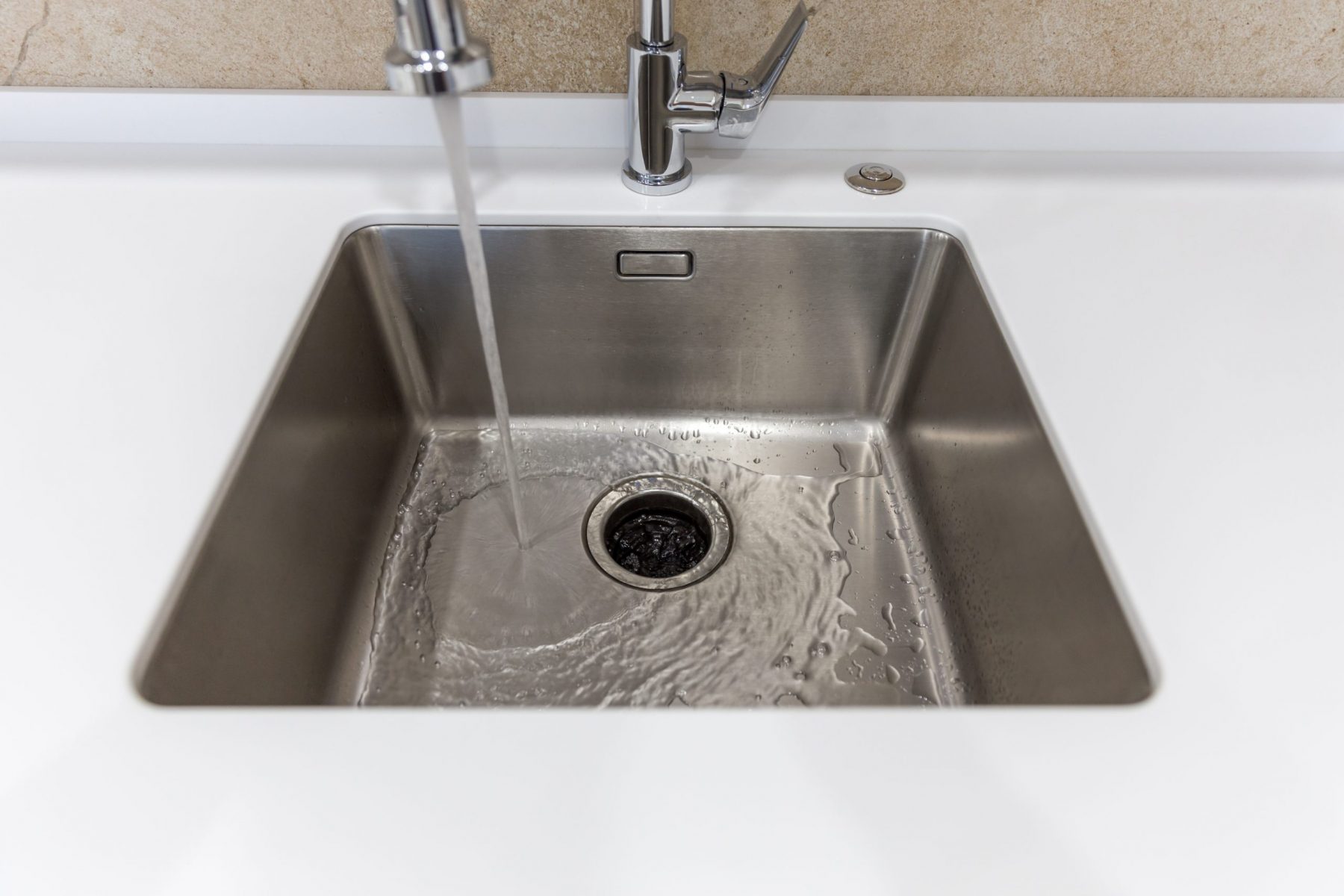
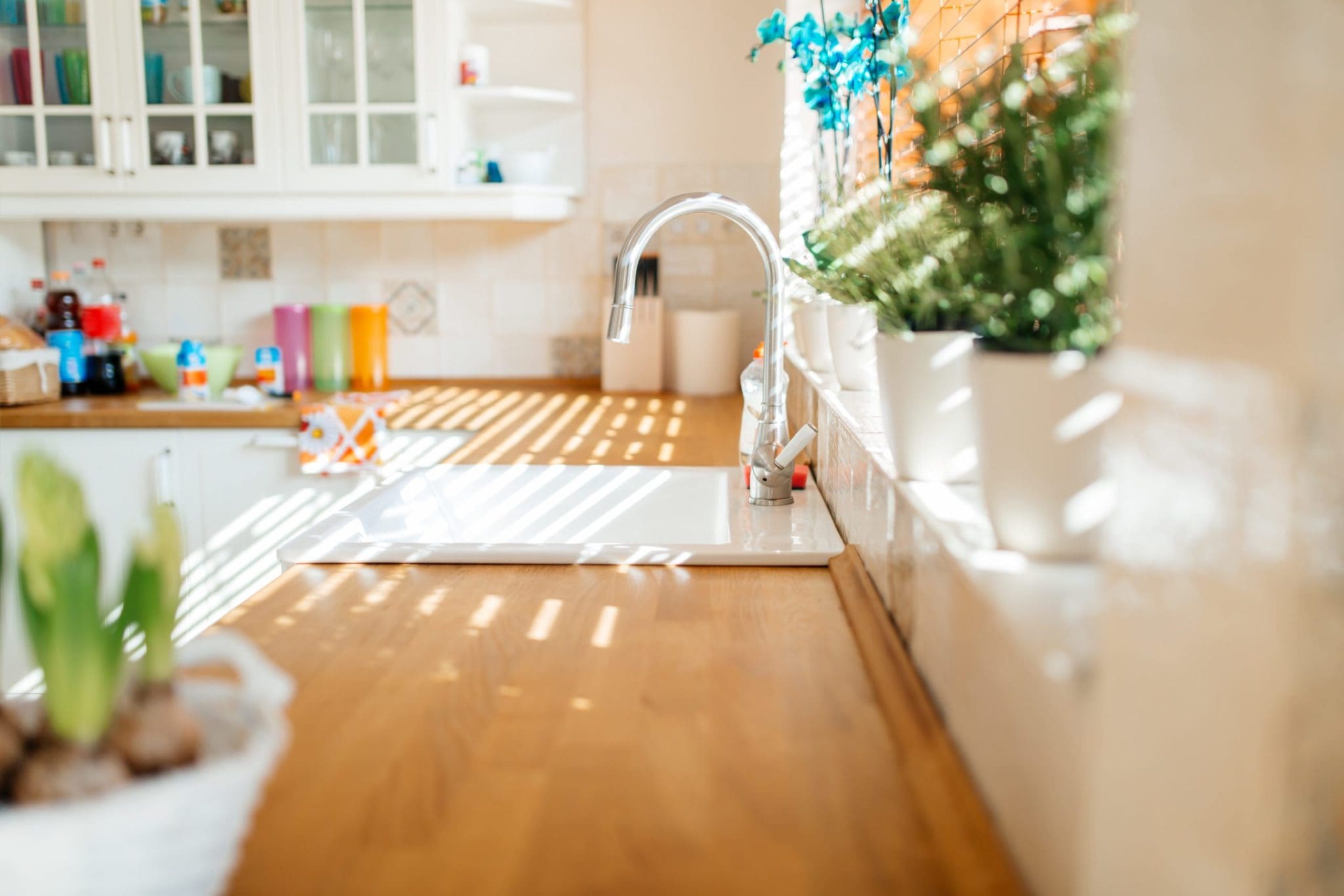

_.jpg)
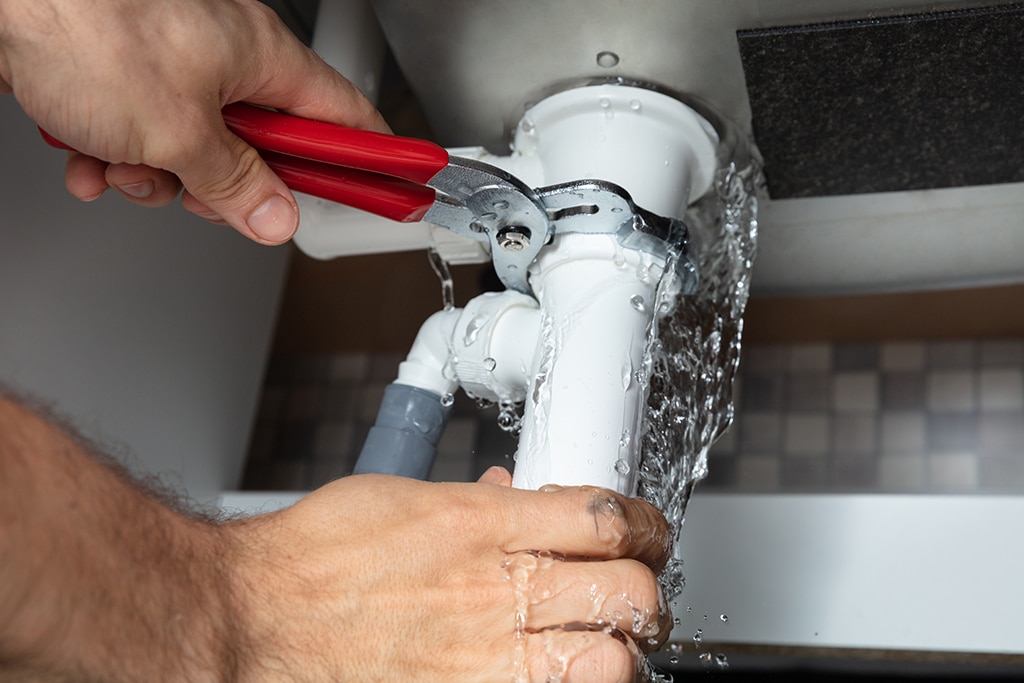

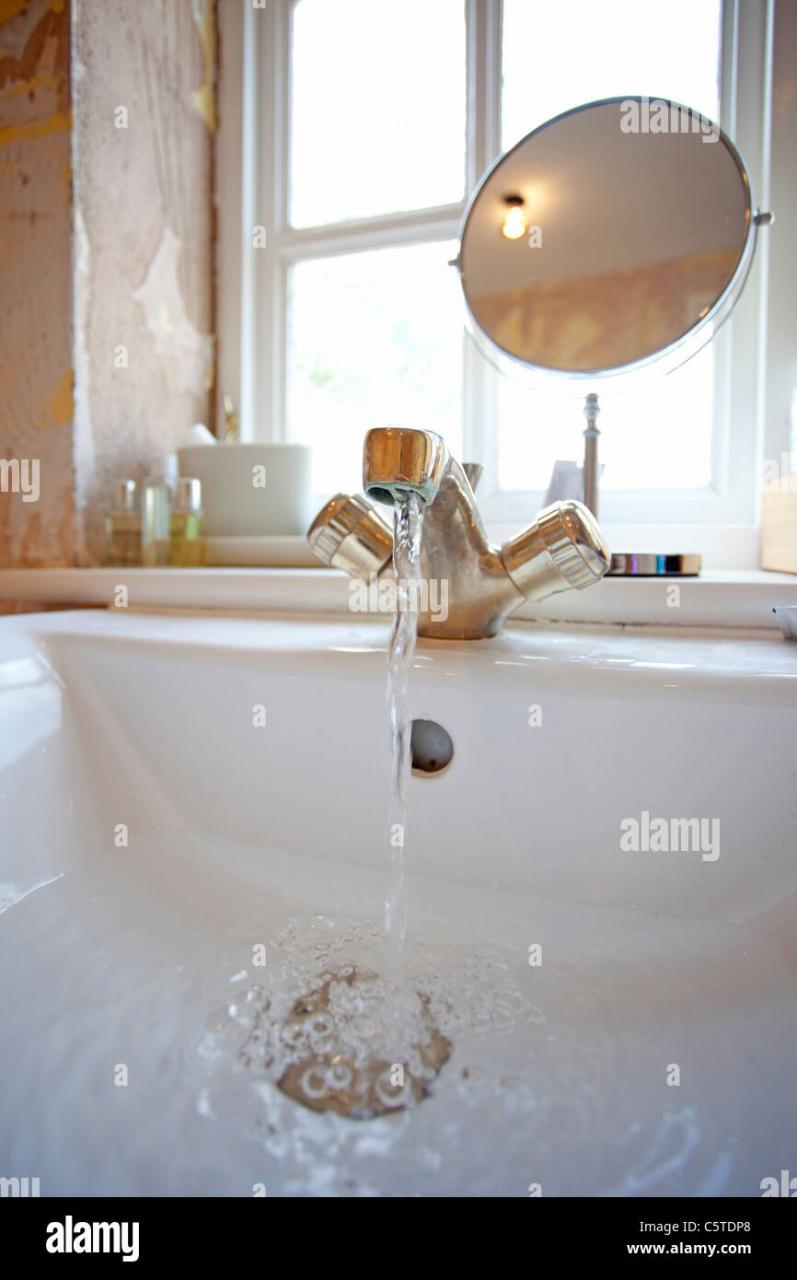
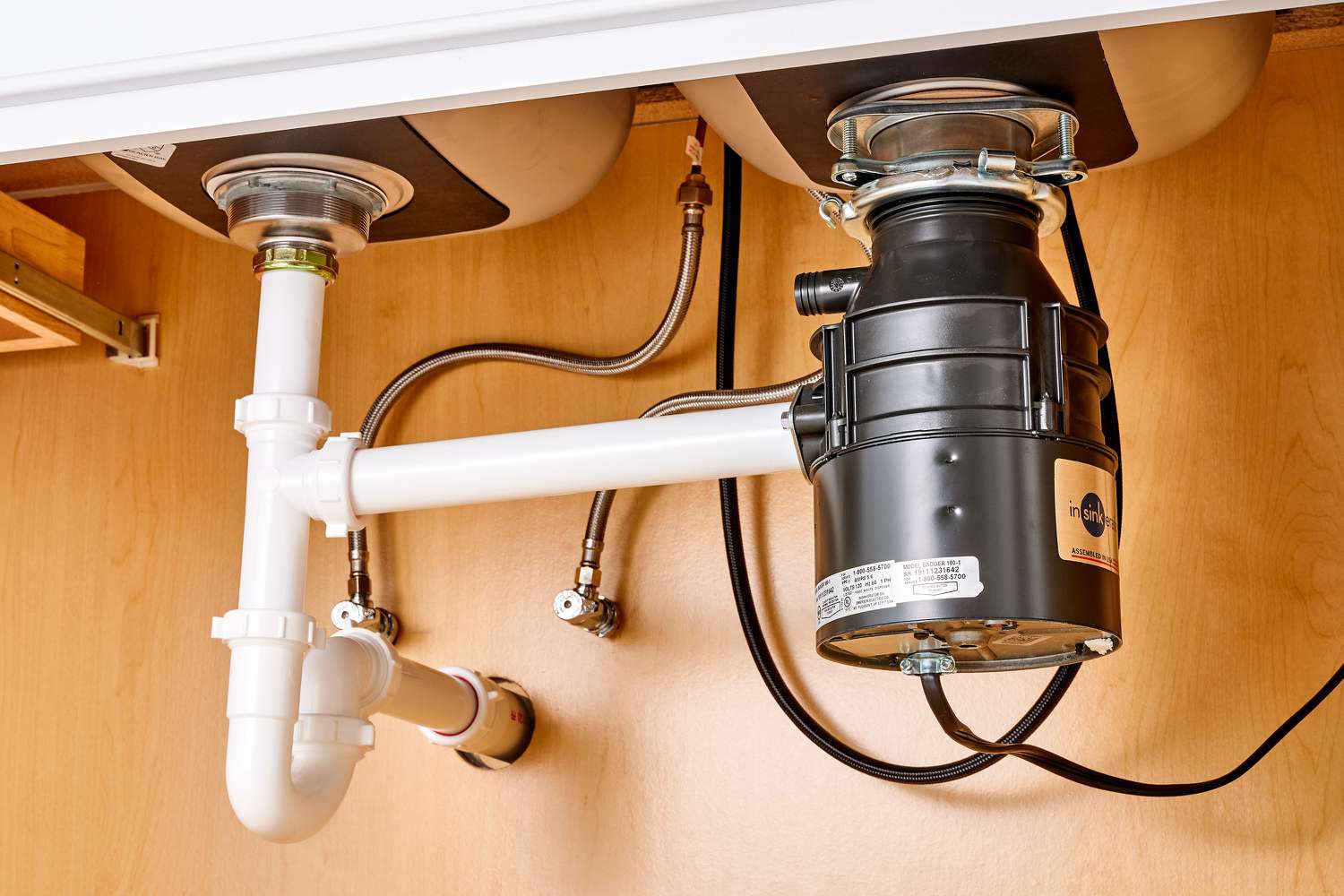
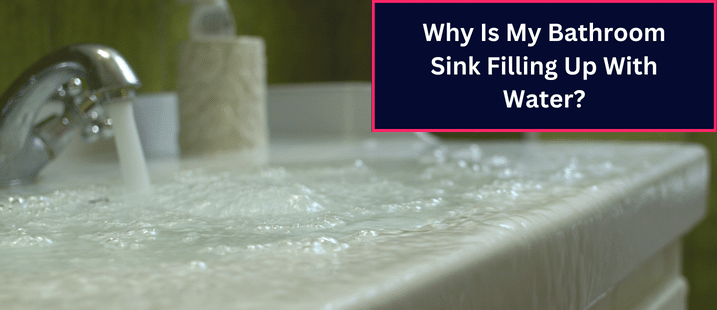
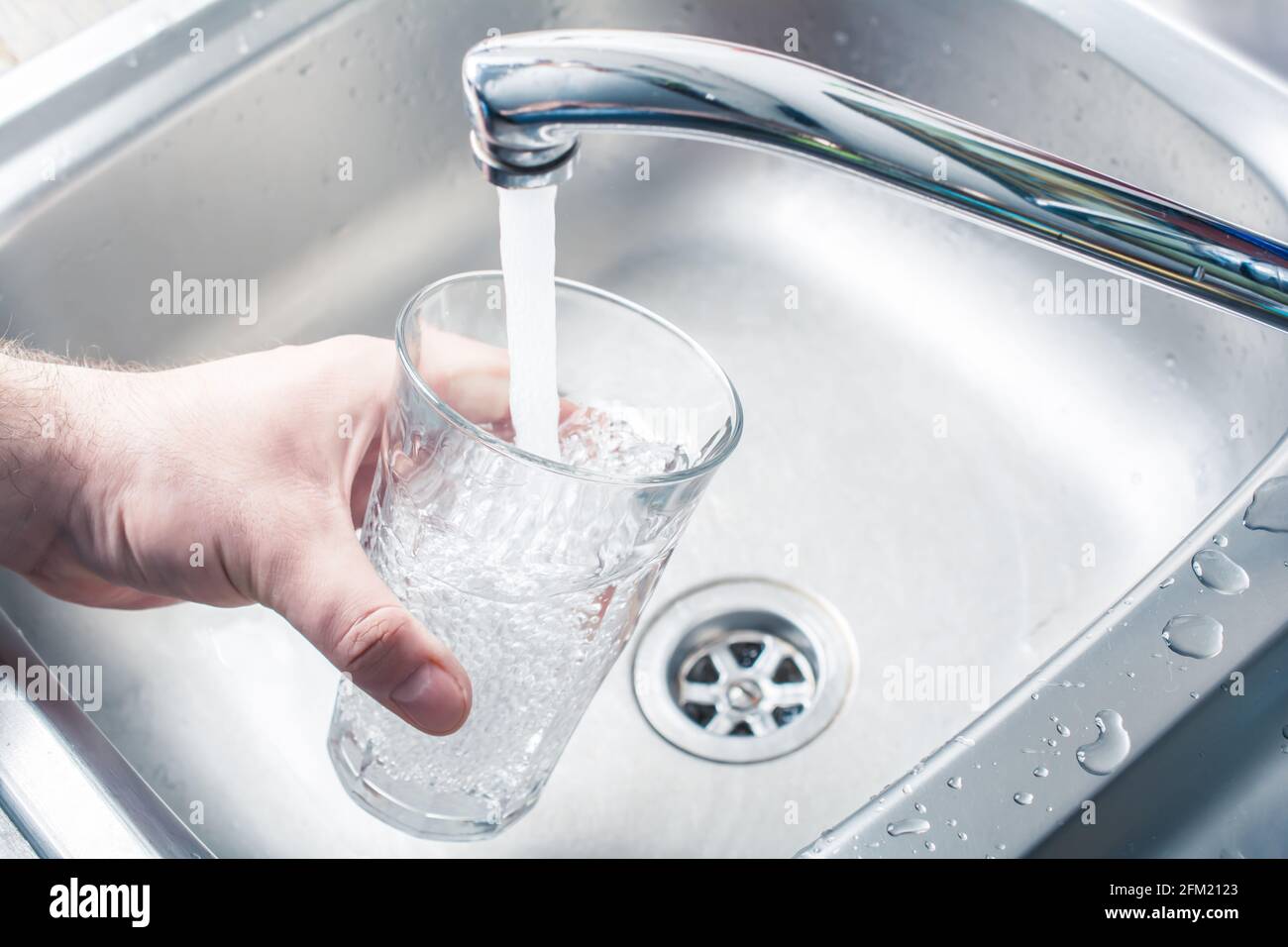





:max_bytes(150000):strip_icc()/how-to-unclog-a-kitchen-sink-2718799_sketch_FINAL-8c5caa805a69493ab22dfb537c72a1b7.png)





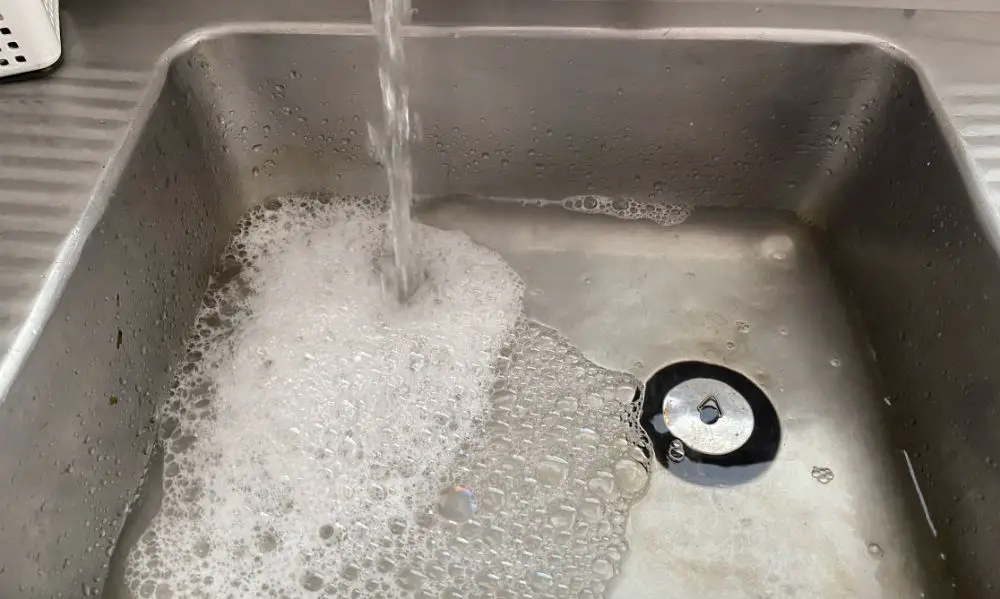
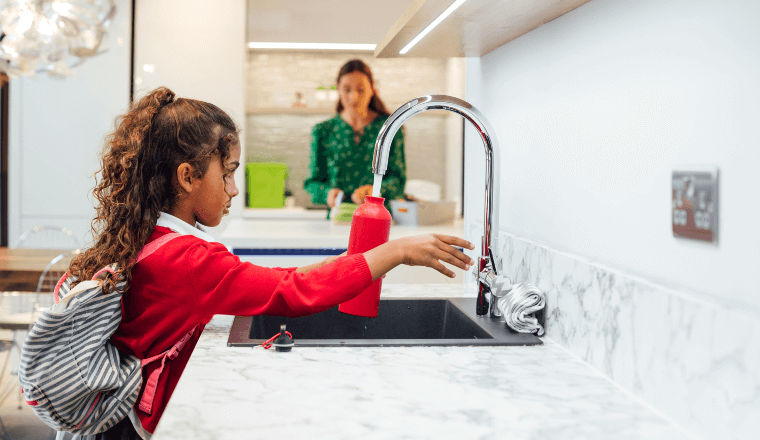



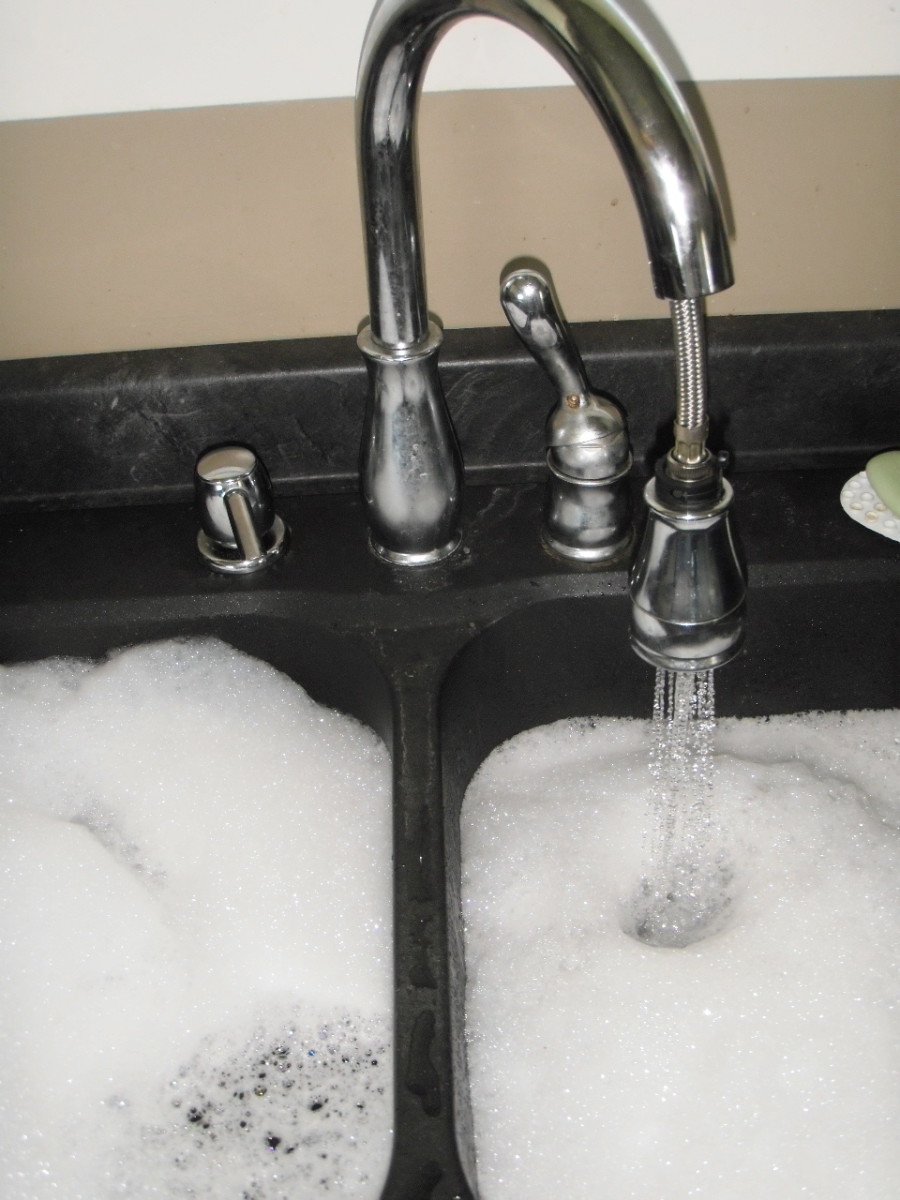


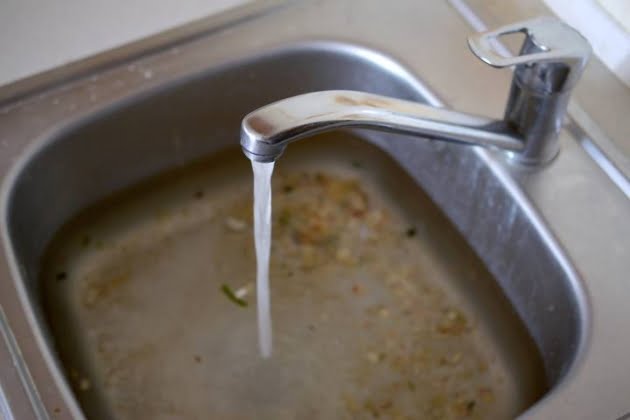
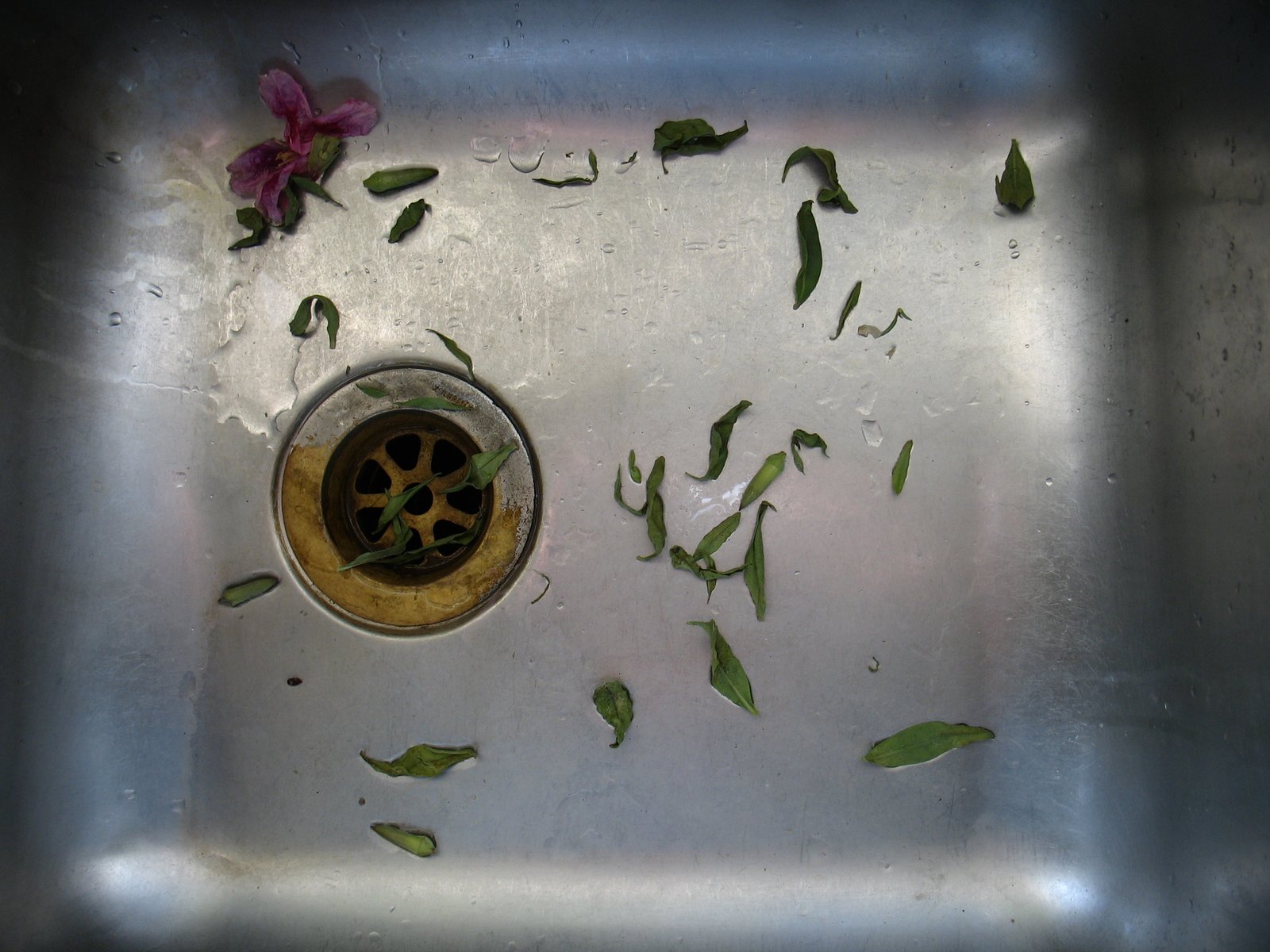


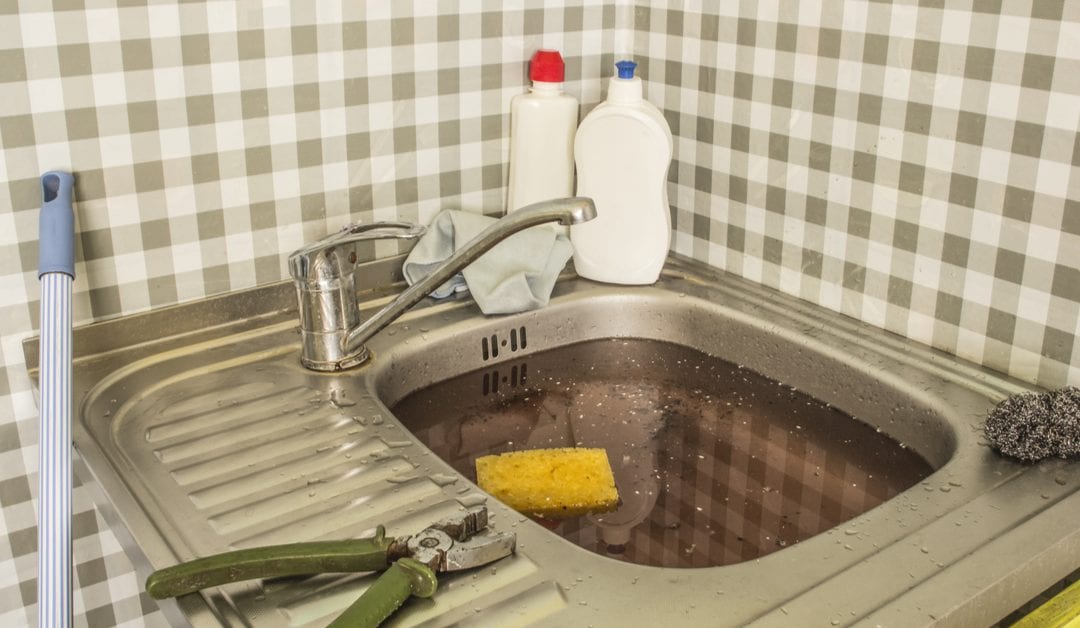

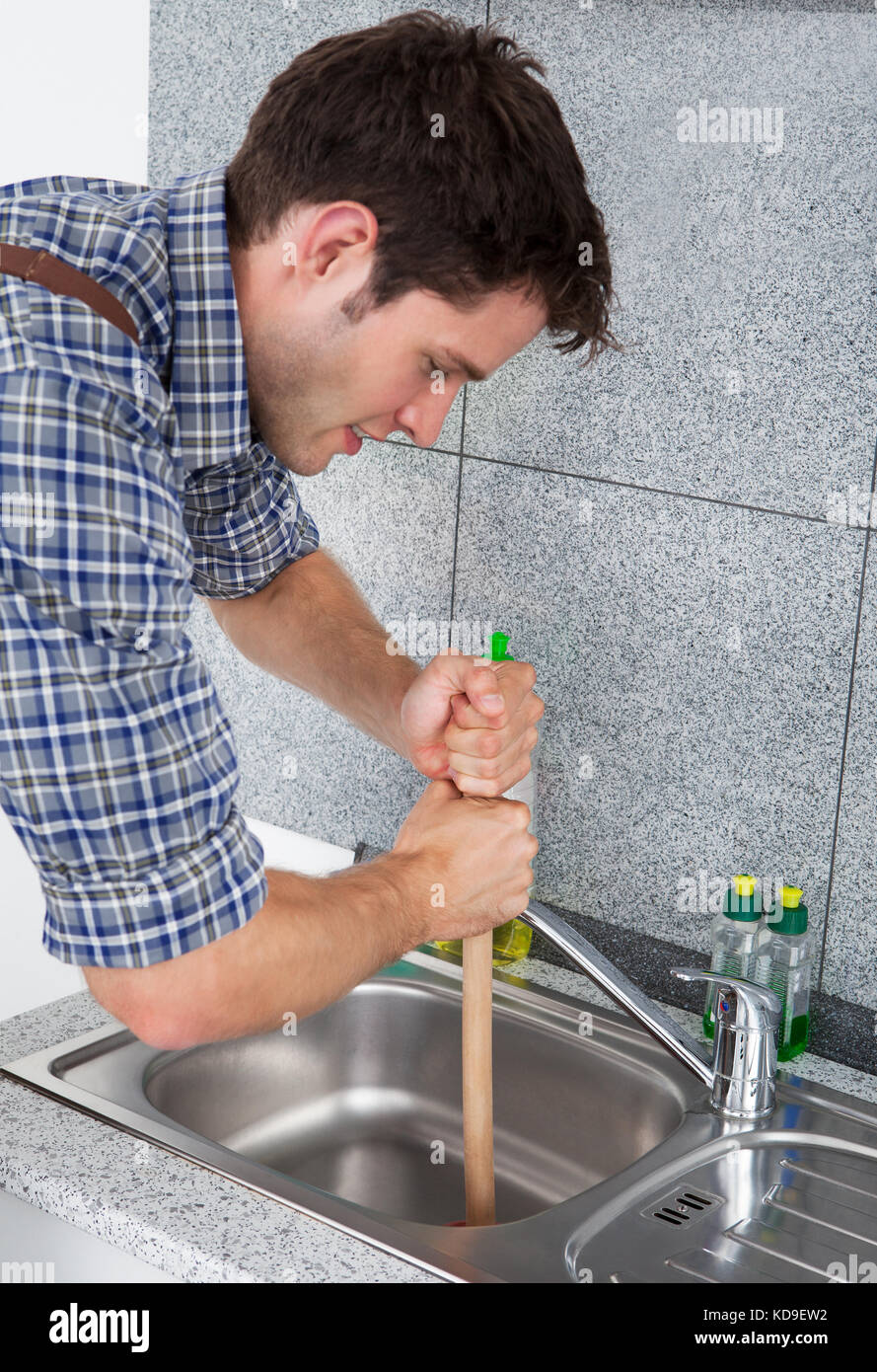



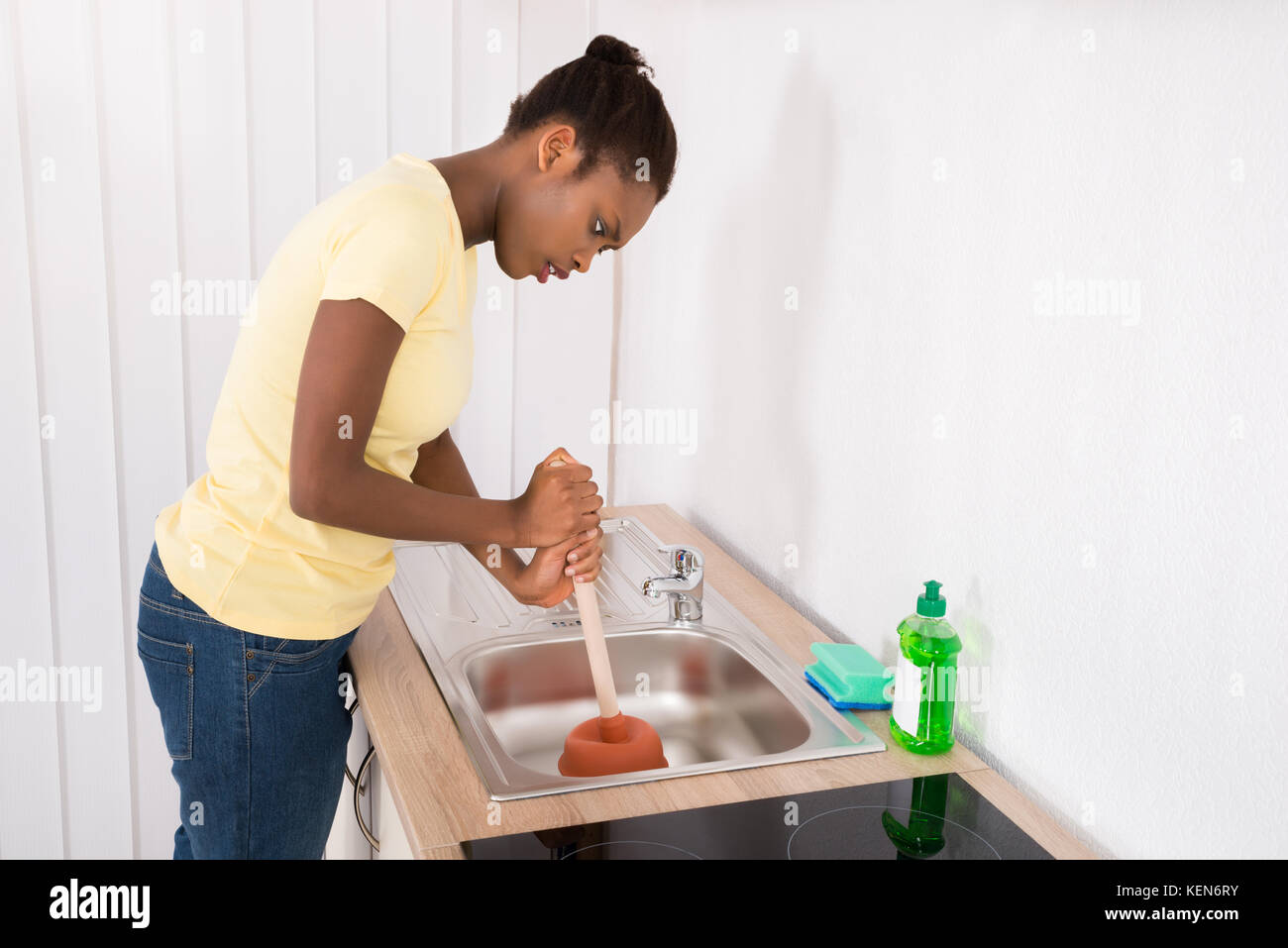

/woman-wearing-yellow-washing-up-gloves-to-unblock-sink-using-plunger-close-up-131987463-5887cfc03df78c2ccd92ec9e.jpg)



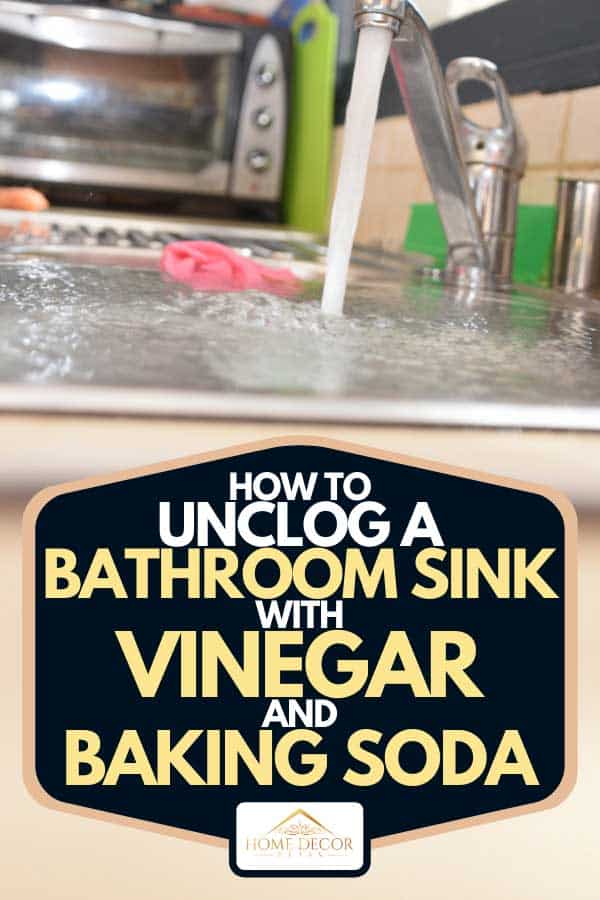

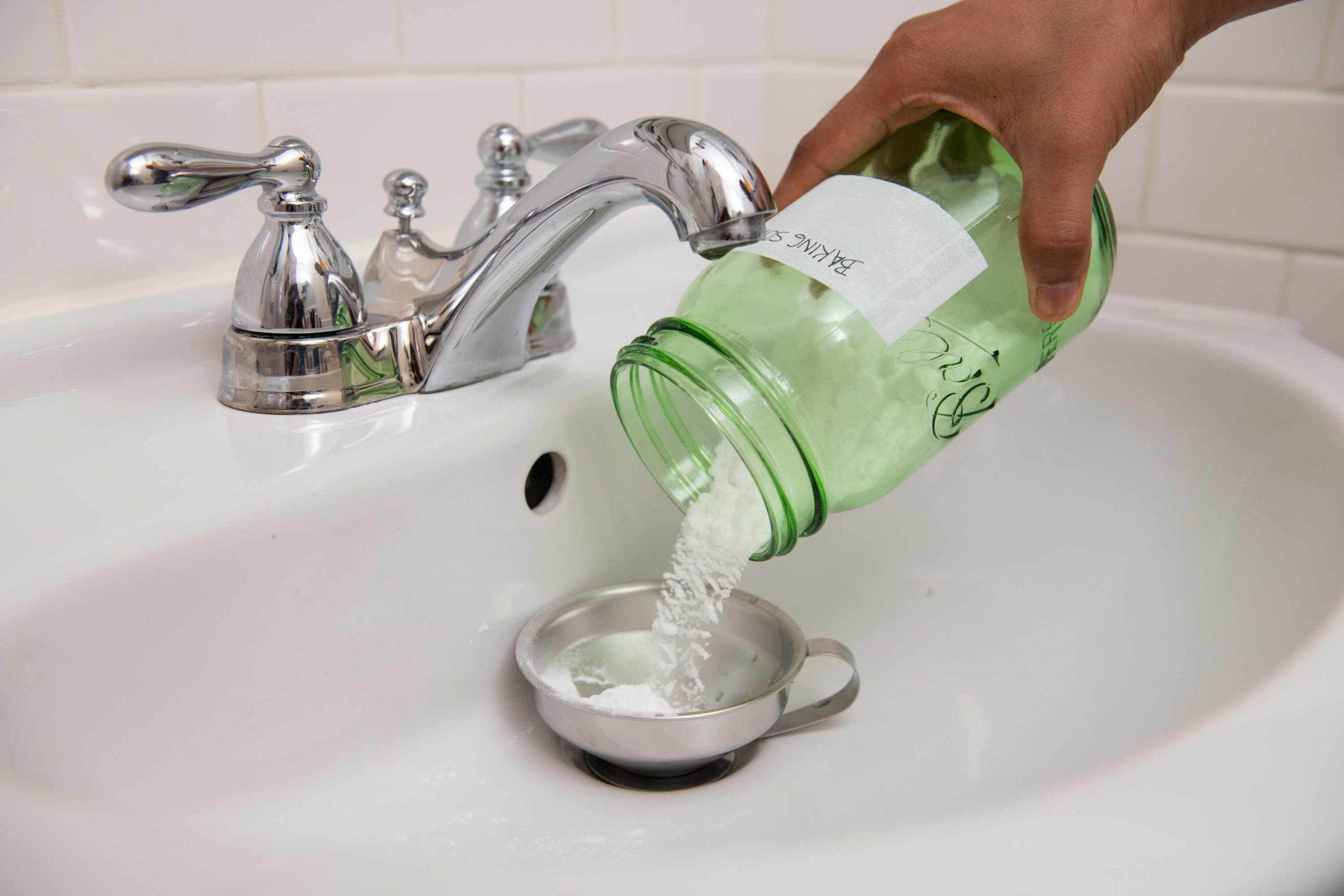
:max_bytes(150000):strip_icc()/freshen-and-unclog-drain-with-baking-soda-1900466-22-bbf940b70afa4d5abef0c54da23b1d3f.jpg)
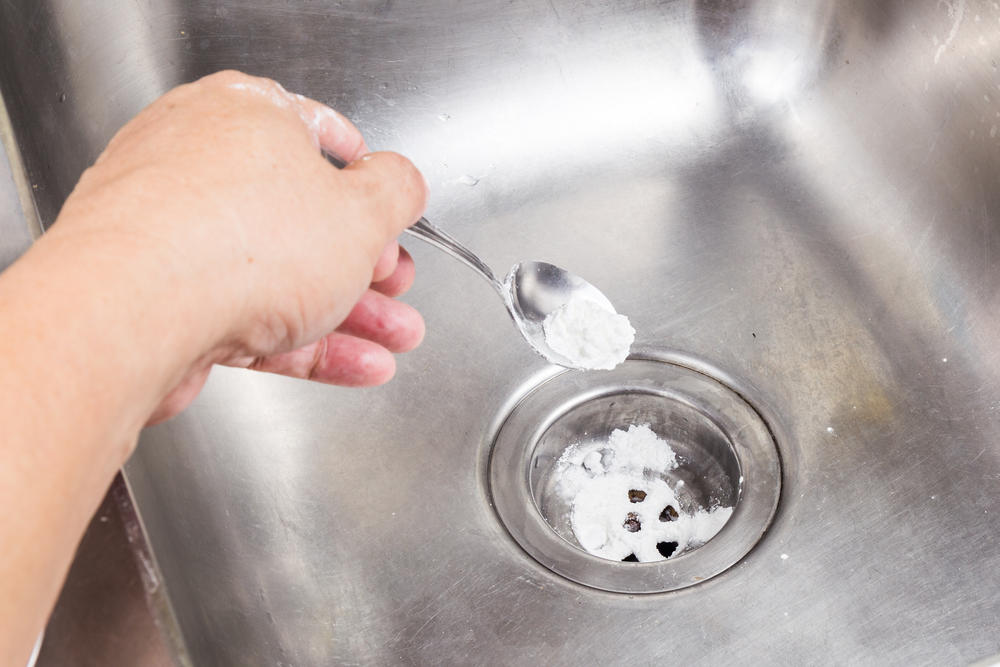


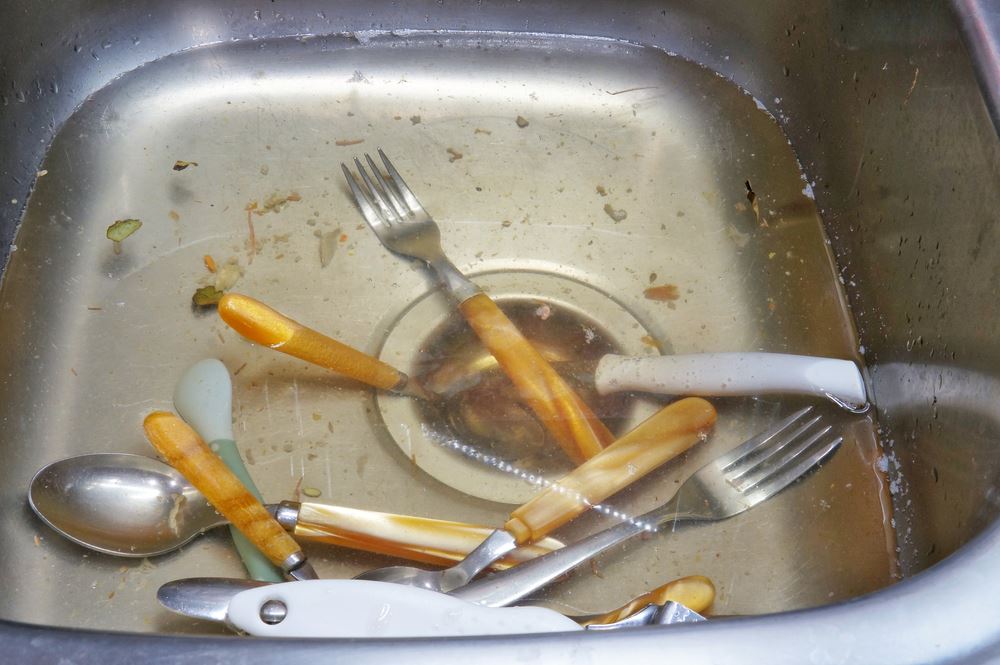



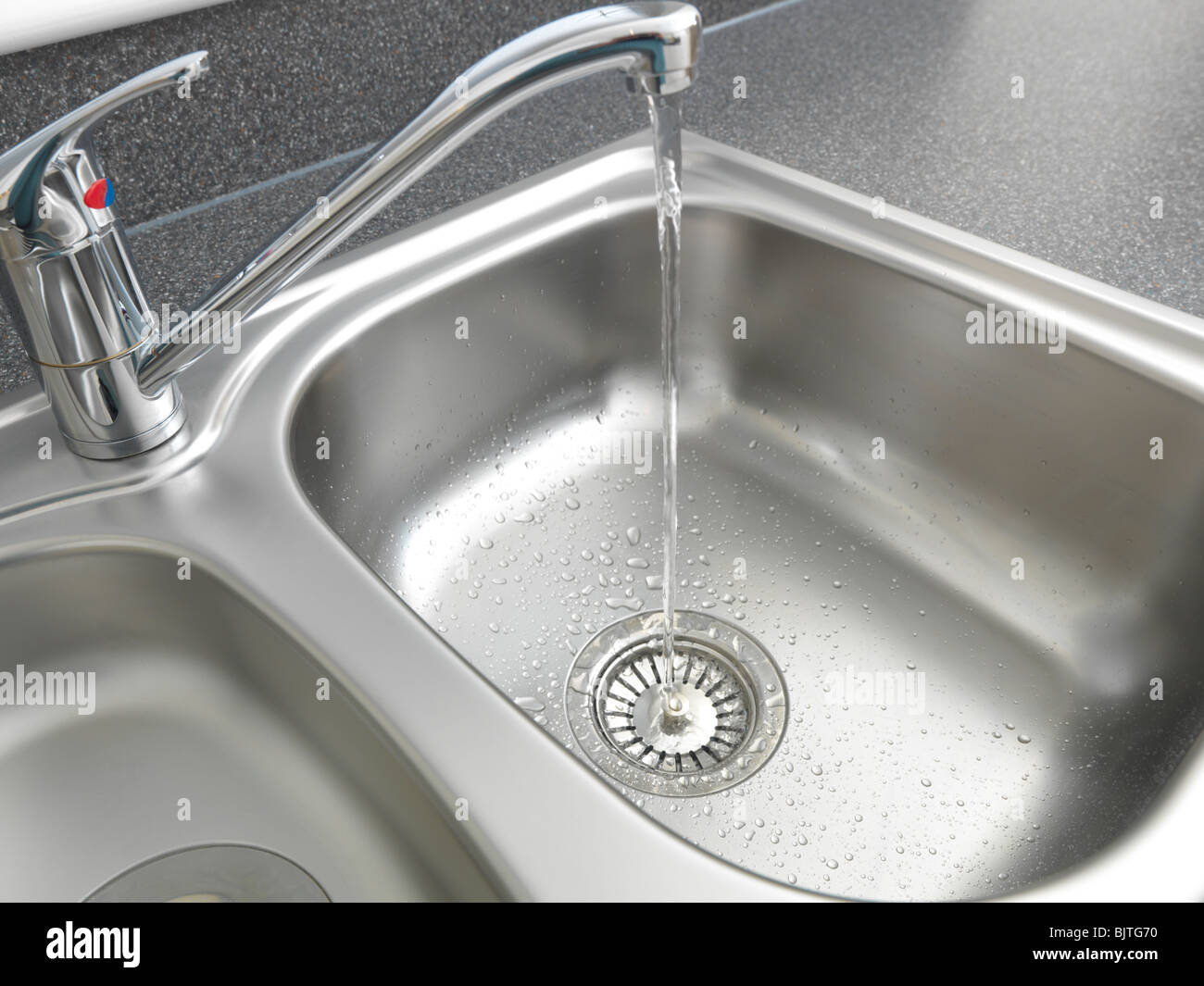

:max_bytes(150000):strip_icc()/how-to-install-a-sink-drain-2718789-hero-24e898006ed94c9593a2a268b57989a3.jpg)




